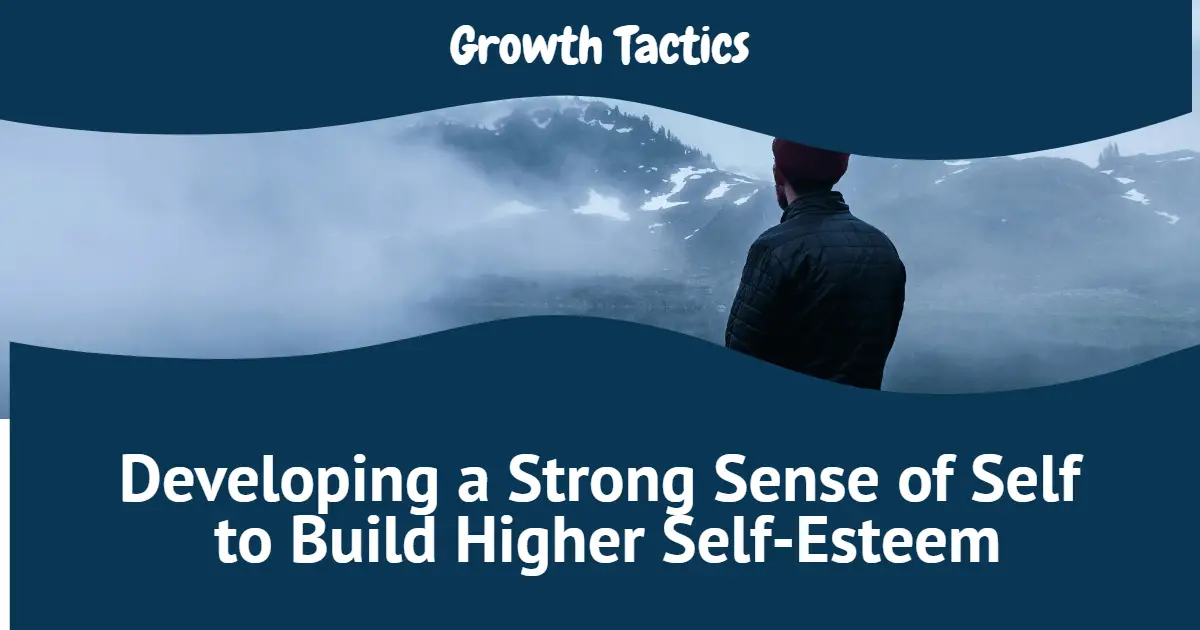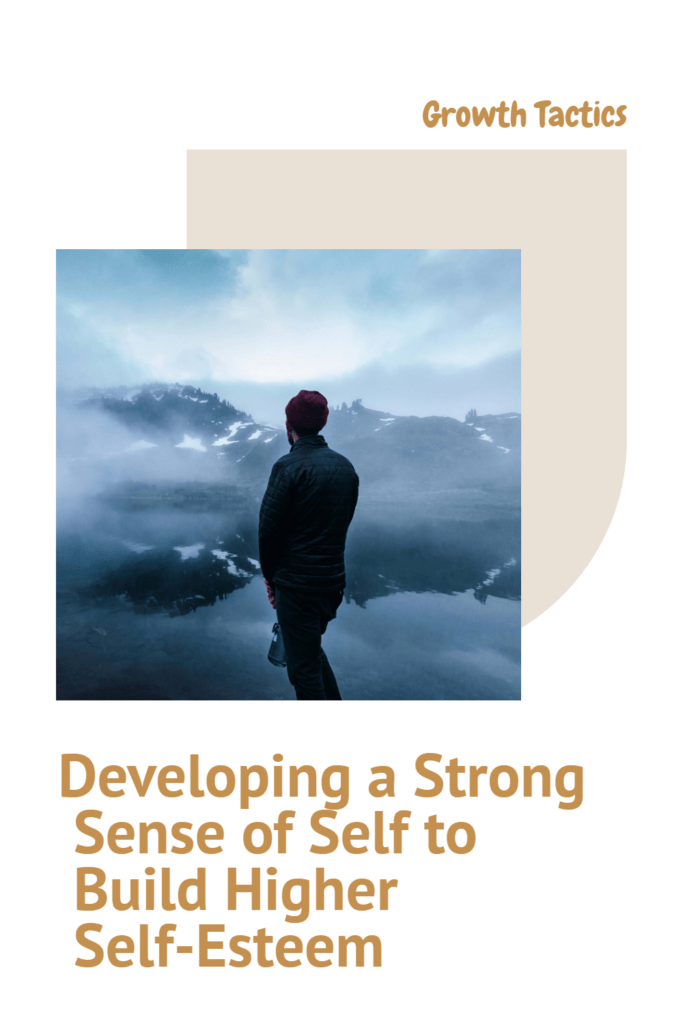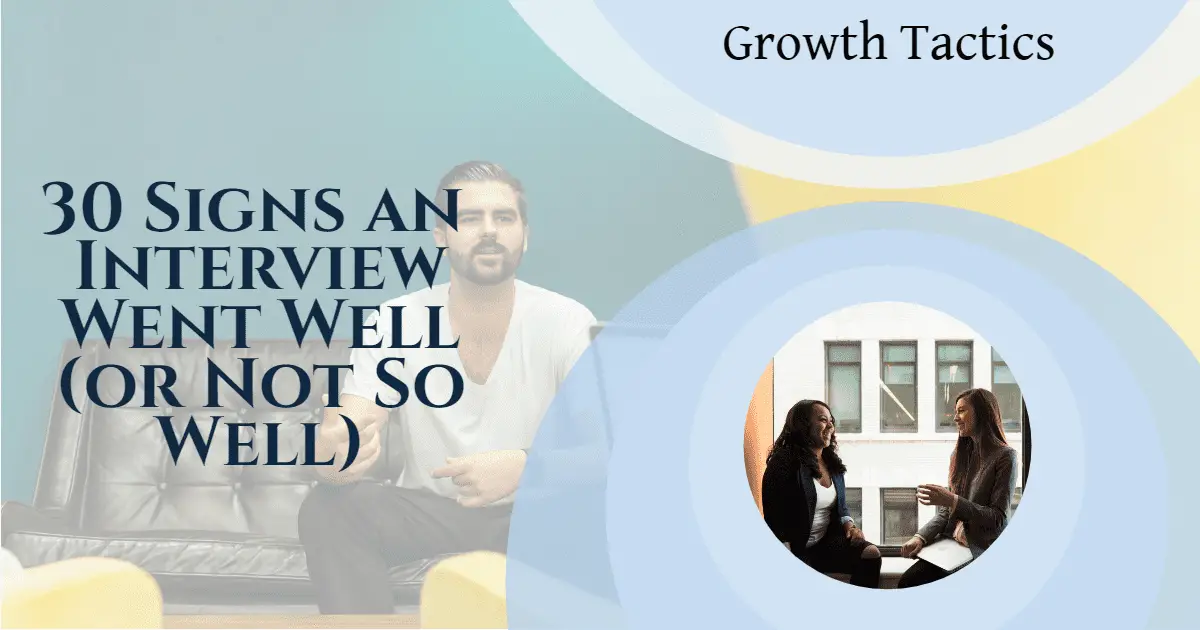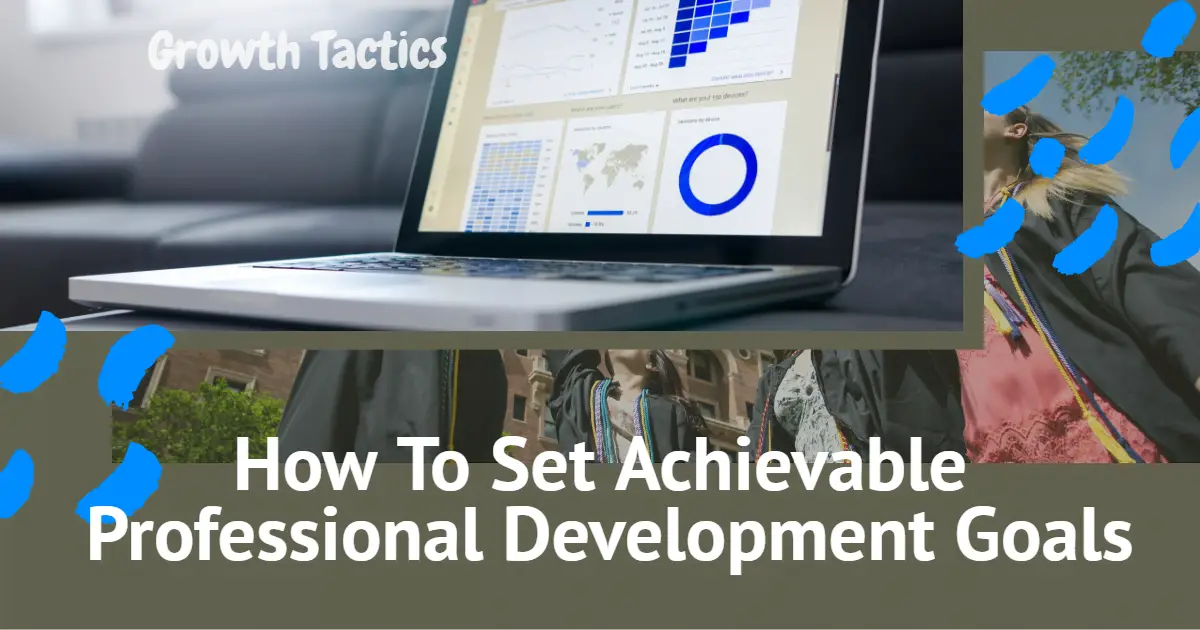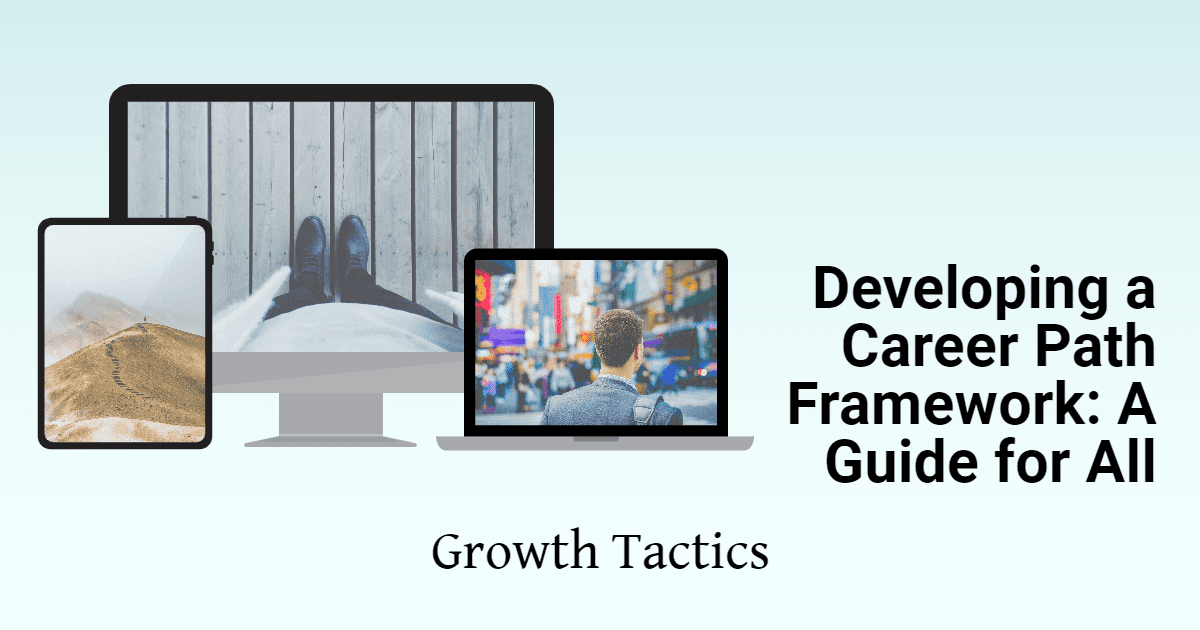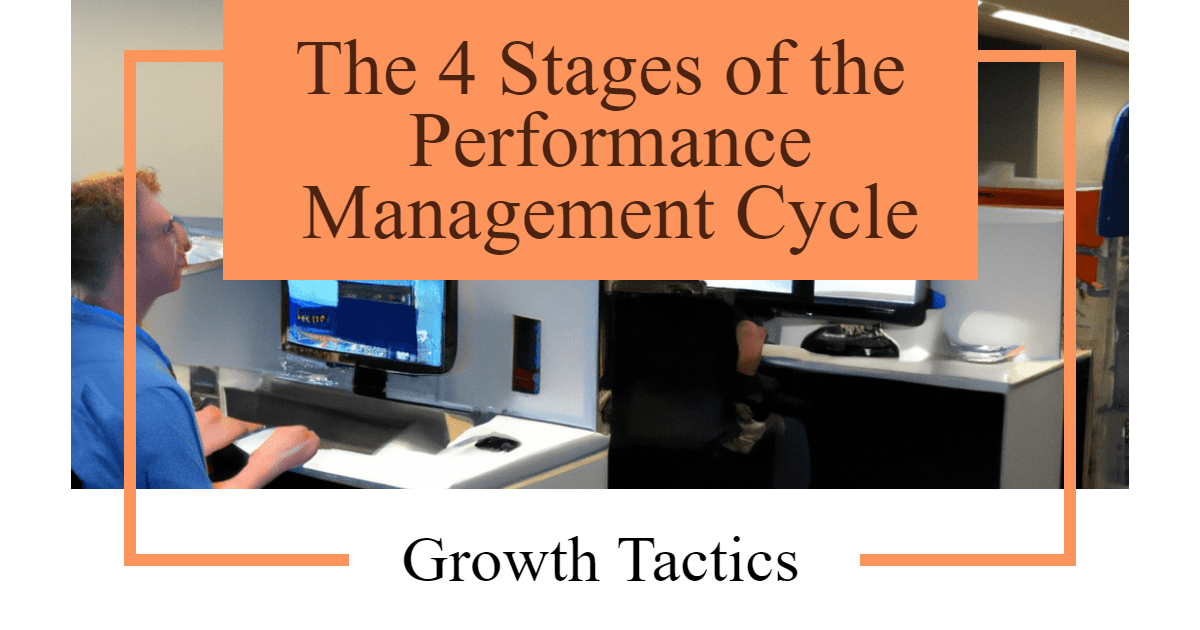Last Updated on April 24, 2024 by Milton Campbell
Your sense of self is your internal understanding of who you are as an individual. It encompasses your self-image, personality, personal values, likes and dislikes, strengths and weaknesses. Having a clear and stable sense of self is an important component of self-esteem and overall mental health.
When you have a strong sense of self, you feel confident making decisions independently, pursuing your own needs and desires, and expressing your authentic self. You have a general feeling of certainty about who you are, what you stand for, and your purpose in life. Even when faced with challenging situations or the judgments of others, your sense of self remains steady.
In contrast, those lacking a defined sense of self often feel uncertain about who they are and what they want. They may struggle with low self-worth, depression, anxiety, and chronic people-pleasing. Without a clear sense of identity, it’s easy to get swept up in the expectations and opinions of others.
Developing a stronger sense of self has many benefits. It helps build self-confidence, self-acceptance, and boundaries. It enables you to live more authentically, pursue meaningful goals, and experience greater life satisfaction. Knowing yourself deeply allows you to trust your own judgments and values. A strong sense of self is an important foundation for mental health and well-being.
Signs You May Lack a Strong Sense of Self

A weak sense of self can manifest in different ways. Here are some common signs that you may lack a strong sense of self:
- Struggling to make decisions. Without a clear understanding of your needs, values, and desires, you may find it very difficult to make choices in your life. You may end up going along with what others want or defaulting to what seems easiest or most convenient.
- Relying heavily on others’ opinions. If you don’t have a solid sense of self, you may constantly seek validation or approval from others. You may make important life choices based on what you think others want rather than what feels right for you. This can leave you feeling defined by others.
- Changing personality based on who you’re with. People with a weak sense of self often act like different people depending on who they are around. You may not feel you have a unique identity outside of the various roles you play. Without knowing your true self, you may end up mirroring others.
How Trauma Can Impact Your Sense of Self
Experiencing trauma, especially in childhood, can profoundly impact one’s developing sense of self and identity. Traumatic events that occur when we are young can disrupt the formation of a cohesive, stable self-concept.
Childhood trauma comes in many forms – physical, emotional, or sexual abuse, neglect, loss of a parent, household dysfunction, bullying, and more. These painful experiences make children feel helpless, worthless, and fundamentally unsafe in the world. They struggle to reconcile their self-image in the face of tremendous stress and adversity.
The effects of unresolved childhood trauma often persist into adulthood. Survivors may feel disconnected from themselves and unsure of their own needs, preferences, and values. Trauma can damage one’s ability to regulate emotions, trust others, and develop healthy relationships – key building blocks of self-knowledge.
Healing from trauma requires processing painful memories and gaining new coping skills. With professional counseling, survivors can start to separate their trauma from their identity. They can rediscover passions and talents unrelated to the past. Recovery takes time, courage, and support, but developing a stronger sense of self is possible through this healing journey.
Developing Self-Awareness and Self-Knowledge
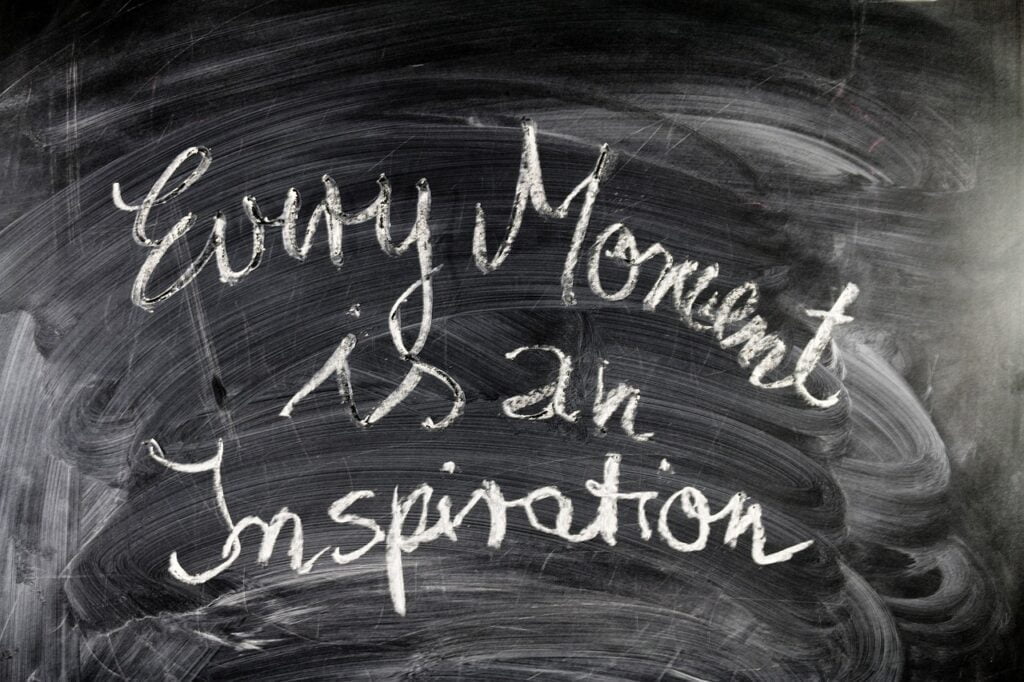
Developing a stronger sense of self starts with building self-awareness and self-knowledge. This involves reflecting deeply on your core values, beliefs, needs, desires, and what makes up your authentic self.
Reflect on your personal values and beliefs. What principles guide your life? What do you care most about? Exploring your values helps you understand what matters to you at a fundamental level.
Take time to understand your needs and desires. Do you need more meaningful connections in your relationships? Do you desire more creativity or adventure in your life? Knowing your needs and wants is key to living authentically.
Look inward to get in touch with your true self. Spend time alone in self-reflection. Journal about your thoughts, feelings, dreams, and goals. Meditation and mindfulness practices can also help you tune into your authentic inner voice.
The more you understand who you truly are, what you care about, and what you want from life, the stronger your sense of self will become. Self-awareness and self-knowledge form the foundation for defining your unique identity.
Setting Goals Aligned With Your True Self
Having a strong sense of self can help you set meaningful goals that align with your authentic values and desires. When you know yourself well, you’re able to discern your true motivations. This allows you to set both short and long-term goals that resonate with your inner self.
For example, someone may realize their core value is contributing to others. With this self-knowledge, they can set a short-term goal of volunteering once a month. Their longer-term aspiration may be building a career that helps people in a meaningful way.
It’s important to set realistic, achievable goals. If your goals don’t seem possible, it can damage your self-esteem. Break bigger goals down into smaller steps. Recognize your current circumstances and abilities. Growth happens gradually, not overnight. Give yourself permission to progress one step at a time.
Periodically evaluate your goals. As you change and grow, your sense of self evolves. Make sure your goals continue reflecting your true values and purpose. Adjust them as needed. Setting intentional goals aligned with your inner self fosters self-confidence and a strong sense of identity.
Practicing Self-Acceptance to Develop a Strong Sense of Self
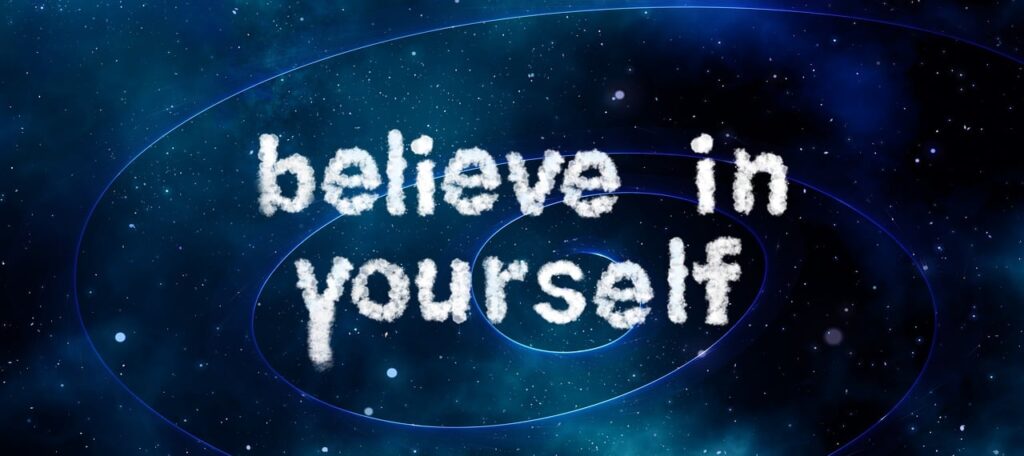
Developing self-acceptance is a critical part of building your sense of self. When you accept yourself, you acknowledge your strengths and flaws without judgment. You recognize that you aren’t perfect, and you don’t need to be.
Self-acceptance means letting go of perfectionism and unrealistic standards. Understand that growth happens gradually through self-reflection and effort. Don’t beat yourself up over mistakes or setbacks. Instead, treat yourself with compassion. Recognize that all humans struggle and make poor choices at times. What matters is how you respond by learning and making changes.
To build self-acceptance:
- Identify any negative self-talk and challenge it with kinder, more rational thoughts. Don’t dwell on what you haven’t achieved or the idealized person you “should” be.
- Focus on the positive qualities you demonstrate every day, like creativity, empathy, determination, humor, or courage. Recognize your accomplishments.
- Spend time doing things you enjoy that make you feel good about yourself, whether it’s a hobby, creative outlet, sport, or time with loved ones.
- Let go of comparing yourself to others; we all have our own paths. Comparison leads to judgment and prevents us from appreciating our unique selves.
- Treat yourself with the same compassion you would a close friend. What advice would you give them? Offer yourself that same patience and care.
With consistent practice, self-acceptance allows you to move through life with greater confidence, emotional strength, and personal wisdom. You are free to make mistakes and learn, knowing your worth remains intact. Self-acceptance provides a firm foundation to keep developing your best self.
Surrounding Yourself With Support
Developing a strong sense of self often requires surrounding yourself with supportive people who help affirm your growth. It’s crucial to limit relationships that are toxic or triggering, as these can undermine your progress.
Seek out friendships and communities that allow you to be your authentic self. Avoid those who are overly critical or judgmental. Look for people who are compassionate, empathetic, and caring – they will offer the positive reinforcement needed as you get to know yourself better.
If you’ve experienced trauma, consider seeking counseling or joining a support group. Mental health professionals can help you process painful events from your past so they have less power over your current sense of self. Support groups connect you with others who understand your struggles. Both counseling and support groups provide the validation and encouragement that’s vital for self-discovery.
With healthy relationships and professional support, you can gain perspective, feel understood, and build the confidence to define yourself apart from past experiences or the expectations of others. Don’t be afraid to ask for help – surrounding yourself with positivity is key to developing a strong sense of self.
Establishing Boundaries

Setting healthy boundaries is a critical part of developing your sense of self. Many people struggle with “people-pleasing” and have trouble saying no to others. When you lack boundaries, you may end up disregarding your own needs and well-being in order to gain others’ approval.
To strengthen your sense of self, make an effort to identify your personal limits. Consider what makes you feel uncomfortable or stressed. Reflect on situations where you’ve compromised your values to avoid conflict or rejection.
Once you know your limits, practice standing up for them. For example, if certain friendships or relationships leave you feeling drained or unhappy, you may choose to remove yourself from those situations. If long work hours don’t allow time for adequate self-care, you could request a modified schedule.
The most important thing is learning when to say “no.” Prioritize your mental and physical health. Don’t be afraid to turn down invitations and requests that overextend you. Developing boundaries requires courage, but with practice, you can get better at expressing your needs and leaving situations that threaten your well-being.
Putting yourself first is not selfish – it’s essential. When you honor your own desires, you strengthen your sense of identity apart from others. Establishing firm boundaries is a lifelong journey, but an extremely worthwhile one for developing your true self.
Making Decisions Independent of Others
Having a strong sense of self means being able to make decisions based on your own needs and values, rather than relying primarily on the opinions of others. This means learning to tune out the “outside noise” and trust your own judgment when making choices.
When you lack a clear sense of self, you may end up being overly swayed by what you think others want you to do, rather than what feels right for you. You may avoid taking action or making important choices without approval from others first.
To become more independent in your decision-making:
- Consider your own needs, desires, and personal values first. Don’t immediately defer to what others think you should do.
- Be aware of when you are people-pleasing or seeking validation from others. Strive to act based on your own wants.
- Tune out opinions and judgments from others that don’t feel helpful. Focus inward on what feels right for you.
- Trust yourself and have faith in your judgment, even if others disagree. Your choices don’t need to please everyone.
- Start small by making simple decisions solo, then build up to bigger choices over time. The more you practice, the easier it becomes.
- Reflect afterward on decisions you made independently. Note how it felt, if you have any regrets and if it was ultimately the right choice for you.
- Seek advice sparingly from those who know you well and have your best interests in mind. But take their opinions as just suggestions.
- Remember that you are the expert on you. No one else can make the perfect choice for your life – only you truly know what is best for yourself.
Continuing Your Self-Discovery
A strong sense of self is an ongoing journey, not a destination. It’s important to continue reflecting on your identity and how you may be changing over time. Check-in with yourself periodically and ask questions like:
- How have my values shifted recently?
- What new interests or passions have emerged for me lately?
- How do I feel about my career and relationships at this point in my life?
- Am I being true to who I am right now or clinging to an outdated version of myself?
Be open to growth and change within yourself. Your sense of identity is fluid, not fixed. The person you are today may be quite different from the person you were 5 or 10 years ago. And in another 5-10 years, you will likely experience further evolution.
Approach your continuing self-discovery with curiosity and self-compassion. Don’t judge yourself harshly for how you may have changed. Growth often comes from taking risks and making mistakes. The journey of discovering your true self is lifelong. The more you learn to embrace change as a natural part of the process, the more you will feel secure in who you are at any given moment.

